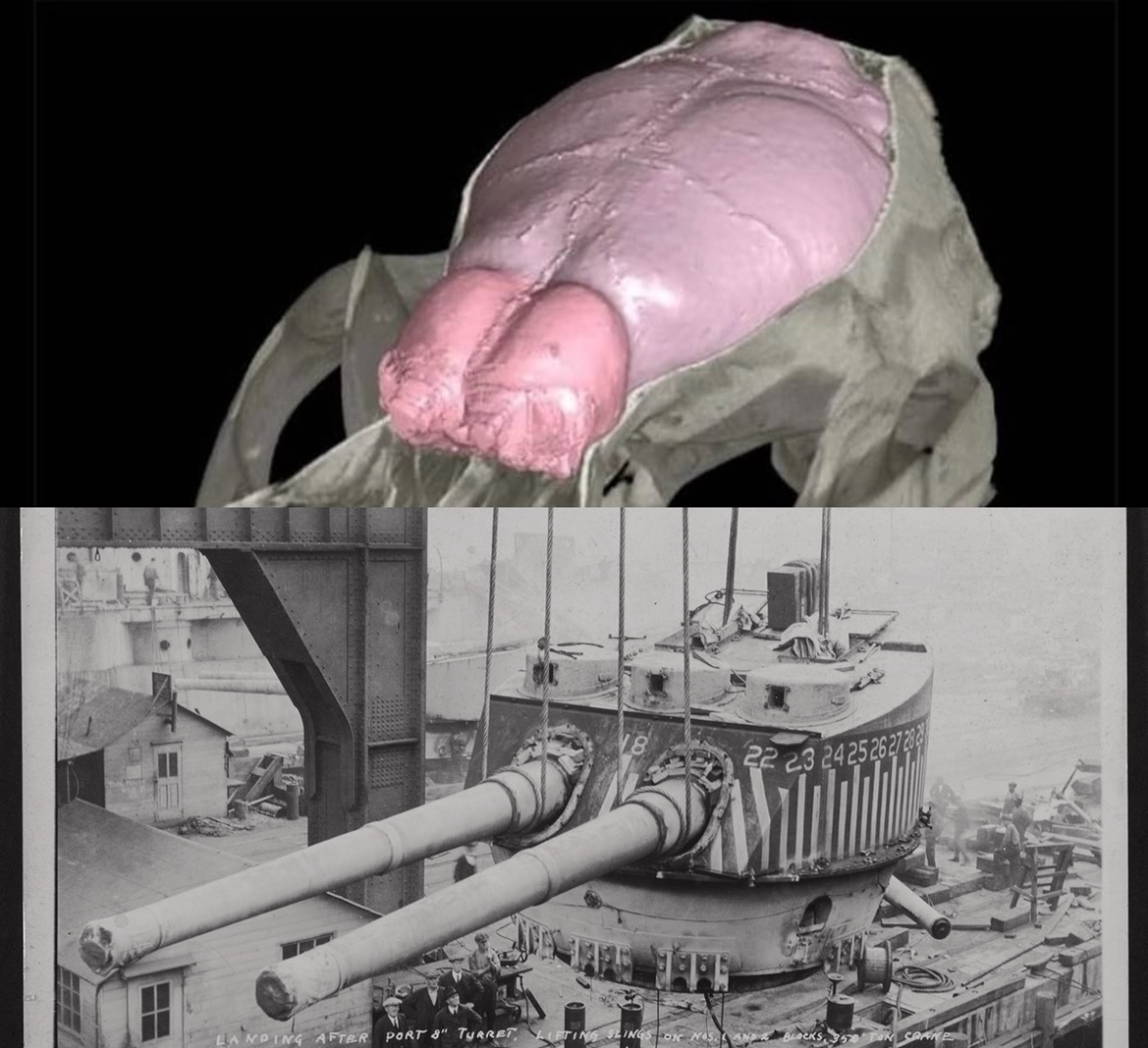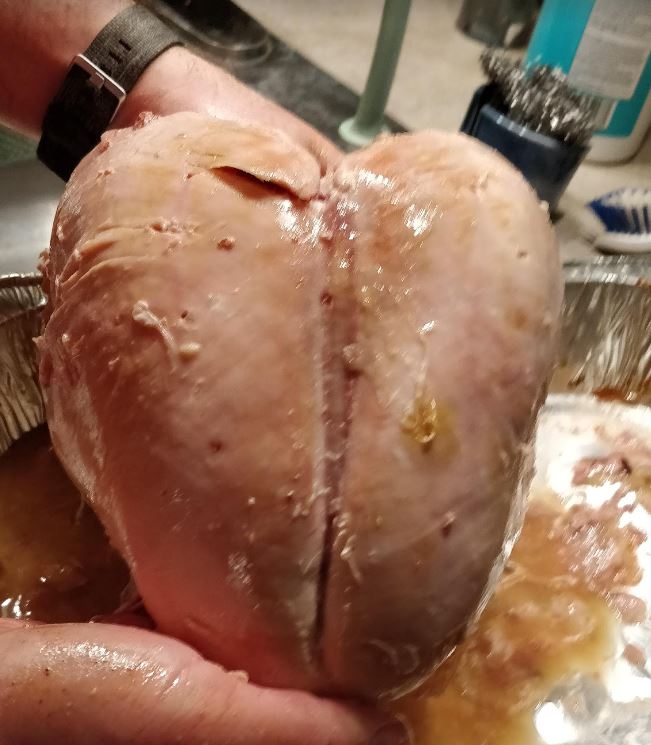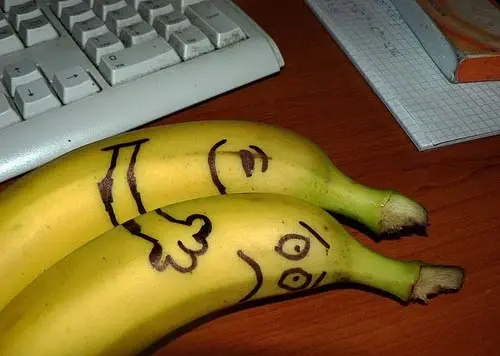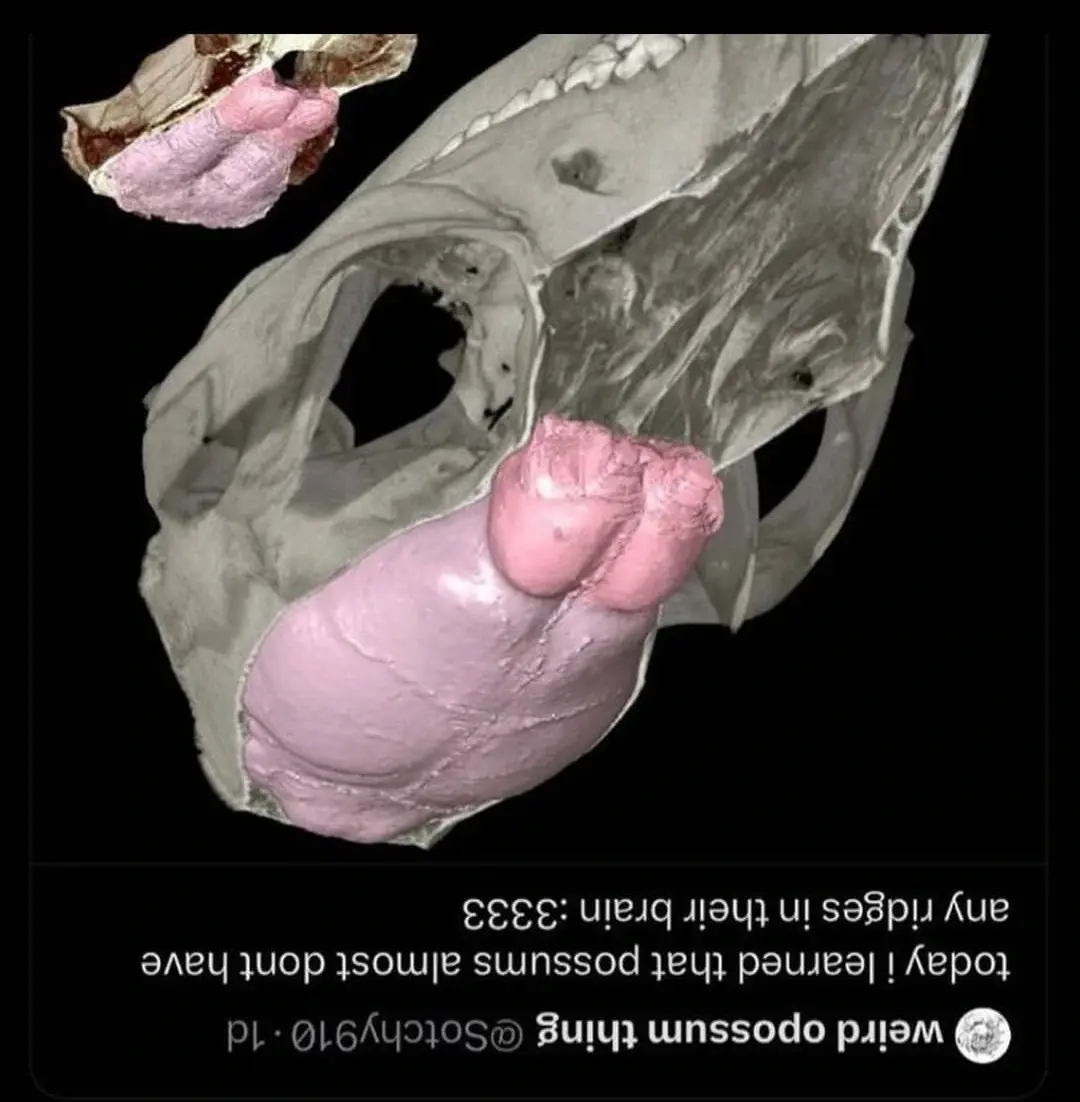Opossums are one of those creatures that remind you just how much of evolution is driven by the rule of “good enough.” Sure, they could have evolved to have more wrinkles on their brains, or the ability to cross the road without getting crushed, or to not look like an old scrub brush that’s way past its replacement date, but they didn’t need to, because the way they are is good enough!
Not just good enough, they fit their niche almost perfectly.
Die often? Large passals that reach maturity relatively quickly. Have to risk ingesting potent toxins? Remember what almost killed you just long enough to get away from wherever it was(roughly 2 weeks). Not built for fighting? Fake your death so convincingly, vultures don’t want to be near you. Nutrition might be scarce? Gather your feces, it will see you through.
Hell, even the fact that the Virginia Opossum can’t adapt well to extreme heat or cold is a benefit to them, the resources they’re driven to(such as actively running water, dense undergrowth for cover and foraging, and trees that can support their weight) can be scarce.
Maybe they just haven’t had the chance for further education to get some wrinkles
Interestingly, it’s looking more and more like evolution isn’t random, and not only is evolution happy with “good enough”, it seems like it actively stops there
Based on some recent experiments with bacteria and editing out existing genes, it seems like it chooses one genetic area at a time, and once it makes a marginal increase in an area it switches to another
It’s possibly a mechanism to avoid a population boom then bust - if you improve too much too fast, you’ll outcompete your environment to the point you destroy your own ecological niche
However it works (and figuring that out is bleeding edge research), it’s very old. Interestingly, Darwin’s later (unpublished) writings went in this direction, but the theories lost out to the random mutation theory
I’d assume that this is a direct consequence of the impact mutations can have during short spans of generations. The closer you are to a local optimum, the more mutations you need to get into different (albeit better) optima.
Essentially, the step size of the optimisation process is usually too small to make this jump, you need a lot of luck to make it work (since any transitional generations have to stay alive long enough to reproduce and outcompete/find a new niche) - which automatically gives the rest of the ecosystem time to “catch up”, changing the landscape of the fitness function and thus providing new pathways to better optima.
My brain: smooth and cute
Your brain: gross and wrinkly
🎵My brain: highly developed olfactory processor
Your brain: anxiety possessor 🎶
You didn’t have to come for me like that lol
Language comprehension: Not applicable
:(
We are not the same

It makes up for it by having a brain shaped like a battleship gun battery.

Yes… THAT’S what that reminded me of…
Me too, buddy. Me too.
This is the way.
Opossum lead paint stare 2024.
Now do australian possums
Dum dum
Bubble gum :3
It’s because thay are smooth brained











